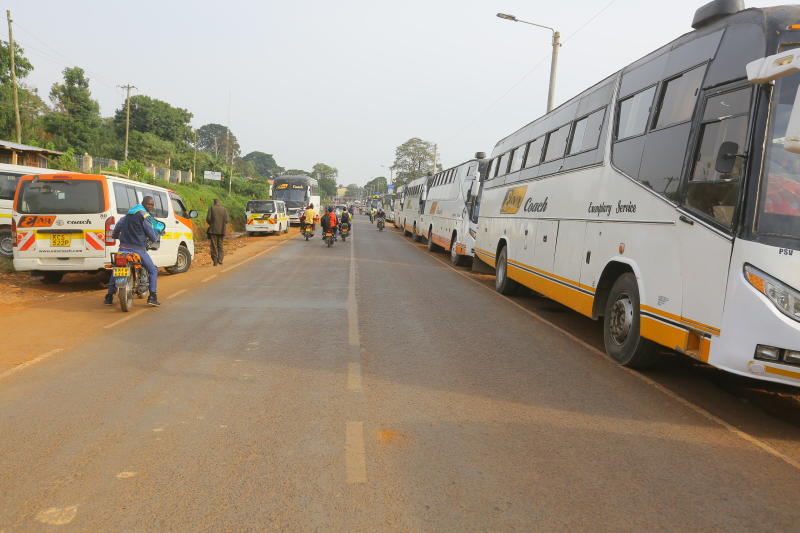×
The Standard e-Paper
Smart Minds Choose Us

When he announced the additional measures aimed at curbing the spread of Covid-19 pandemic, President Uhuru Kenyatta acknowledged that businesses will take a major hit.
“Whereas the foregoing measures will have adverse effects on the economy and constrain our usual way of life, the measures are temporary and necessary to contain the spread of the disease and therefore stop further loss of lives,” said President Kenyatta in his 15th presidential address on coronavirus pandemic on Friday.